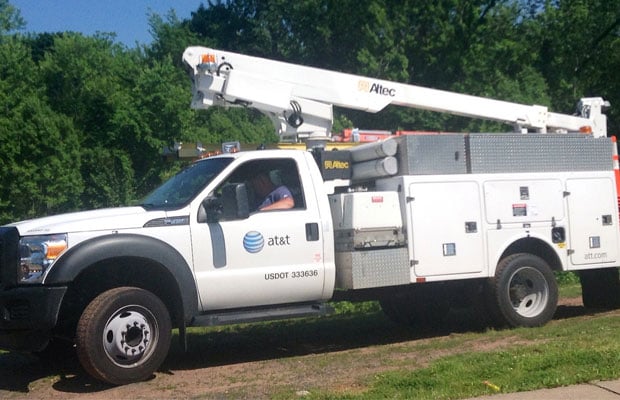AT&T Announces Eleven New Metro Areas For GigaPower Fiber Rollout
The race is on to bring gigabit Internet service to as many residential homes across the nation as possible. One of the participants is AT&T, which announced plans to expand its fiber-optic network to 11 more metro areas. The expansion is part of a broader initiative to bring AT&T Fiber, the new name for what was previously known as GigaPower, to at least 67 metro areas, including 45 metro areas by the end of the year.
"Customer demand for high-speed connectivity is exceeding even our high expectations. Today we’re also introducing the AT&T Fiber umbrella brand, which lets us bring ultra-fast internet to even more residential and business customers through a mix of the latest network technologies," said David Christopher, chief marketing officer of the AT&T Entertainment Group.
AT&T Fiber offers customers up to 1Gbps download and upload speeds. The service is now available to over 3 million locations, including 500,000 apartment and condo units, and is on track to reach 12.5 million locations by the middle of 2019, the company says.

Source: AT&T
As for the 11 new metro areas where AT&T Fiber will be available, they include:
- Florida: Gainesville and Panama City
- Georgia: Columbus
- Kentucky: Central Kentucky
- Louisiana: Lafayette
- Mississippi: Biloxi-Gulfport and Northeast Mississippi
- North Carolina: Wilmington
- Tennessee: Southeastern Tennessee and Knoxville
- Texas: Corpus Christi
AT&T isn't the only one trying to expand gigabit Internet service to homes. So is Google, and the two sometimes butt heads in the process. AT&T has filed suits against state municipalities in an attempt to prevent them from allowing to access AT&T's utility poles in certain areas. It's even conspired with rival Comcast, another ISP with a vested interest in gigabit Internet, to stifle Google's expansion efforts.


